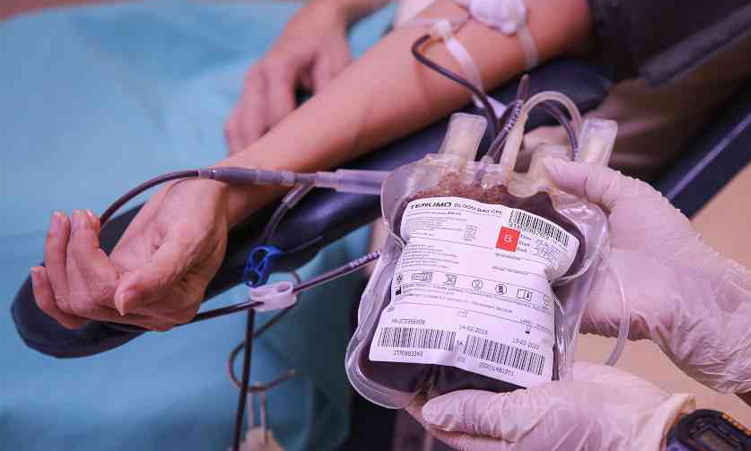Namibian companies do not have the capacity to compete against international firms for major infrastructure projects, says the African Development Bank (AfDB).
According to the Evaluation of the AfDB’s Country Strategy and Programme report, Namibian companies often lack the resources, experience and sometimes technical expertise to compete effectively against larger, more established international firms.
“The evaluation also found the underrepresentation of Namibian firms in international tenders to be an issue in some projects,” says the AfDB.
This was the case with the Transport Infrastructure Improvement Project (TIIP) and the Education and Training Quality Improvement Project.
“This was due to the relatively limited capacity of Namibian companies, which are often at a disadvantage in large bank tenders with respect to international companies,” says the AfDB.
Last year, the AfDB approved a loan of US$196.43 million for Namibia to implement the second phase of its TIIP.
The project entails the construction of a 207km rail track close to the existing line between Kranzberg and Otjiwarongo.
The works include constructing 16 bridges, the renovation of two stations and procuring 55 000 tonnes of rails to build 518km of track.
Additionally, the project is to connect Namibia to Africa’s Copper Belt.
Due to a lack of capacity, the tender for the project was awarded to an international firm, while the bank advised that the government should help build local capacity.
“The capacity of local contractors may need to be further built to enhance their capability to compete effectively for international tenders in line with the government’s economic empowerment policy,” says the AfDB.
The AfDB Group has been operating in Namibia since 1991.
The bank group’s active portfolio in Namibia covers 20 projects distributed between six sectors.
This includes 10 sovereign loans approved under the AfDB window, nine grants and one non-sovereign operation in the form of a line of credit to the Development Bank of Namibia.
The investments are spread across water supply and sanitation, transport, social development, multi-sectoral projects, finance and agriculture.
Currently, 10 projects are completed, eight are ongoing and two have been approved, in addition to three projects that were completed before 2014.
Stay informed with The Namibian – your source for credible journalism. Get in-depth reporting and opinions for
only N$85 a month. Invest in journalism, invest in democracy –
Subscribe Now!








